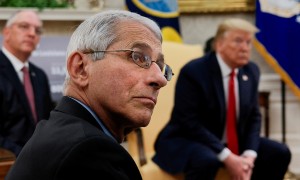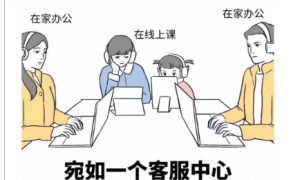Yang, who visited Japan from Monday through Wednesday, told Japanese Prime Minister Shinzo Abe of his concerns in a Tokyo meeting.
Abe said regarding the Taiwan question, Japan will continue to adhere to principles stated clearly in the bilateral joint statement issued in 1972 for normalizing ties, and there is no change of such a position.
Observers noted that Yang highlighted the major issues at a time Tokyo has recently raised concern in China on these matters, particularly regarding the one-China policy, adding worries to the improvement of the ties.
At the meeting, Yang said Beijing values its ties with Japan.
The two countries should make joint efforts to enhance the positive factors and control the negatives in their relations while encouraging the momentum behind improving ties and development, Yang said.
Yang said China hopes Japan comes up with concrete policies and actions to honor its commitments and the consensus that the two countries are each other's cooperative partners rather than threats, Yang said.
Abe said Japan hopes to improve and develop its relations with China, and it seeks close contacts with Beijing at all levels.
Tokyo hopes to properly manage and control the divergence between the two countries and boost their communication and coordination on global and regional affairs, Abe added.
Yang also reiterated Beijing's position and proposals on the Korean Peninsula nuclear issue.
During his stay in Japan, Yang met with other senior Japanese officials, when he also urged Tokyo to honor its commitments on historical issues and the Taiwan question.
Yang also spoke about the East China Sea situation and urged Tokyo to cautiously comment or take actions over the issue.
Zhou Yongsheng, professor on Japan studies at China Foreign Affairs University, said Yang's trip has been made to see whether Japan is sincere or at what level its sincerity is regarding improved relations with China
The trip also helps Beijing get to know what areas Tokyo wants to cooperate on more in the near future, he said.
Liu Jiangyong, vice-dean of the Institute of Modern International Relations at Tsinghua University in Beijing, said although the two sides have made some efforts to help improve their relationship, Tokyo has not totally broken away with its behavior regarding maritime issues.







